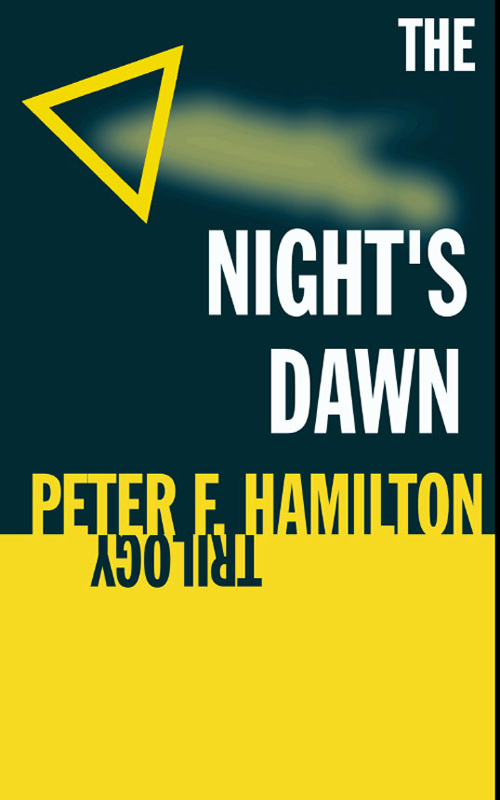
The Naked God
Book Description
What if the fate of the universe hung on the choices of a few desperate souls? In 'The Naked God,' humanity navigates the treacherous waters of possibility where ancient evils and powerful forces threaten existence itself. As alliances fracture and secrets unravel, characters face not only their own demons but the very essence of divinity. Every decision becomes a gamble against extinction, every relationship tested in the unforgiving crucible of survival. With action that crackles and tension that tightens like a noose, the question looms: who will rise as a savior, and who will fall as a sacrifice?
Quick Book Summary
"The Naked God" is the thrilling conclusion to Peter F. Hamilton's Night’s Dawn Trilogy, a vast space opera intertwining science fiction with elements of horror and fantasy. In a future where humanity has colonized hundreds of worlds, an existential threat emerges as the dead return to possess the living, throwing society into chaos. The story follows a diverse cast—from starship captains and telepathic sensitives to outlaws and galactic elite—as they struggle with the supernatural invasion and search for ways to repel it. With civilizations on the brink, desperate alliances form, secrets unravel, and the stakes escalate to apocalyptic heights. Central to their struggle is a quest for knowledge and moral choice, as characters realize that survival may demand extraordinary sacrifice and that power itself is neither absolute nor benign. Hamilton weaves together threads of cosmic mystery, political intrigue, and spiritual reckoning in this epic finale.
Summary of Key Ideas
Table of Contents
The Return of the Dead and Supernatural Crisis
The return of the dead, known as the "possessed," ignites a galaxy-wide crisis as malevolent and tormented souls seize living bodies across colonized worlds. Their emergence destabilizes societies, shatters governments, and spreads fear, forcing humanity to confront the reality of an afterlife that is both nightmarish and inescapable. The living and possessed are locked in an escalating struggle, with entire planets changing hands or falling into anarchy. Hamilton paints a chilling picture of society's fragility in the face of supernatural disaster.
The Moral Cost of Survival and Sacrifice
As the crisis deepens, alliances are tested and new ones are forged between disparate groups—revolutionaries, government forces, and outlaws alike. The motives of the possessed themselves vary, ranging from escape to domination, blurring the lines between villain and victim. Characters like Joshua Calvert, Louise Kavanagh, and Al Capone find their destinies intertwined, each making choices that reverberate beyond their own fates and impact the course of war. Political machinations and personal vendettas become inseparable from the broader battle for survival.
Interwoven Destinies and Political Intrigue
Amid desperation, moral dilemmas lie at the heart of the story. The threat posed by the possessed forces individuals and civilizations to weigh the value of lives, personal freedoms, and the ethics of drastic measures. Sacrifices become inevitable—the willingness to risk individuals or even entire worlds for the greater good. Through these harsh choices, Hamilton explores the interplay of free will, consequence, and the high cost of salvation.
The Search for Knowledge and Divine Power
The path to resolution demands not just military might but a quest for deeper understanding. Key characters embark on journeys—both physical and metaphysical—to find the mythical "Sleeping God," a force rumored to hold the key to reversing humanity’s plight. Scientific exploration merges with philosophical inquiry, as characters confront the limits of knowledge and the nature of divinity itself. In unraveling the fabric of the universe, they gain insights into the afterlife, cosmic justice, and the underlying structure of reality.
Redemption and the Fate of Humanity
Ultimately, the finale offers both epic action and earned redemption as protagonists harness newfound wisdom to confront the threat. Hamilton brings closure to sprawling character arcs and offers hope for humanity’s future, emphasizing themes of forgiveness and transcendence. The fate of civilization hinges on the aggregate of individual choices, revealing that power—divine or otherwise—derives meaning only through the courage and compassion of those who wield it.
Download This Summary
Get a free PDF of this summary instantly — no email required.





